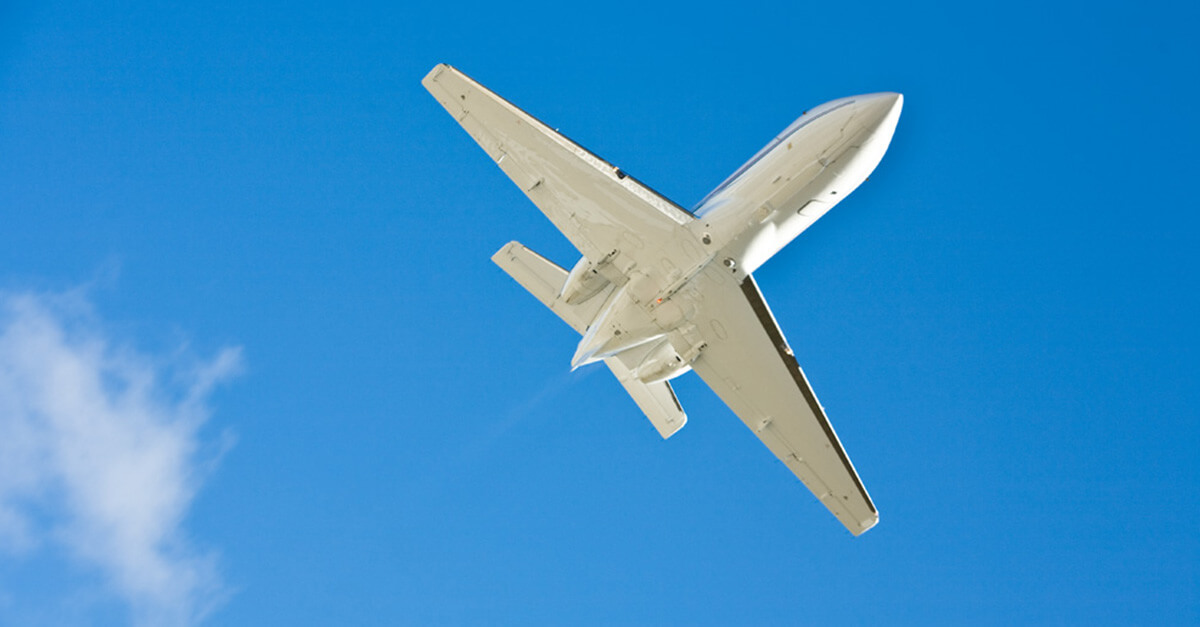
May 14, 2021
A recent NBAA News Hour webinar offered tips for business aircraft pilots to help mitigate the effects of GPS interference on aircraft systems and operations and examined methods by which the industry might assist in that effort.
“The number of planned GPS interference events have nearly quadrupled in the past decade [and] the number of locations across the national airspace system (NAS) where those jamming events occur has doubled in the last two to three years,” said panel moderator Heidi Williams, NBAA director for air traffic services and infrastructure.
NBAA joined other concerned stakeholders in participating in a 2017 RTCA tactical operations committee that examined the effects from GPS jamming interference testing by the U.S. Department of Defense (DoD). Such tests help protect the network from hostile agents; however, GPS outages may also cause systems failures and hinder a flight crew’s ability to safely navigate through the NAS, which under the FAA’s NextGen modernization program is increasingly dependent on GPS.
While the DoD must notify the FAA at least 120 hours prior to testing for planned outages, “when you pull up a standard briefing, you’re not necessarily going to get notification on these GPS outages,” said Jim McClay, director of airspace, air traffic and security for the Aircraft Owners and Pilots Association.
Jack Allen, managing director for air traffic management with Airlines for America, agreed. “The challenge comes in the NOTAMs [that] have a separate location to look for GPS outages,” he added. “The information is buried; sometimes you get one NOTAM that’s nine pages long.”
The FAA met this week with RTCA stakeholders to revisit the groups’ concerns, including the addition of graphical representation of GPS testing to assist pilots in recognizing planned outages. As for ways that pilots can assist with this process, McClay said they need to advise ATC of GPS issues.
“That’s incumbent upon them [and] part of the regulations that when there is an interruption in navigation surveillance, they need to report that to ATC,” he continued. “There’s been some concern in the past with pilots not reporting [outages], perhaps just because they weren’t really aware of what was happening.”
Allen, a former air traffic controller and deputy director at the FAA, noted it’s equally important that ATC know how to handle such information, as the agency initially believed taking such reports would be workload intensive and detract from managing traffic.
“It is worthless for pilots to share the information with ATC if it doesn’t go any further,” he added. “There has to be some guidance out there that tells [controllers] when this happens, this is what you do.”


 International Business Aviation Council Ltd.
International Business Aviation Council Ltd.